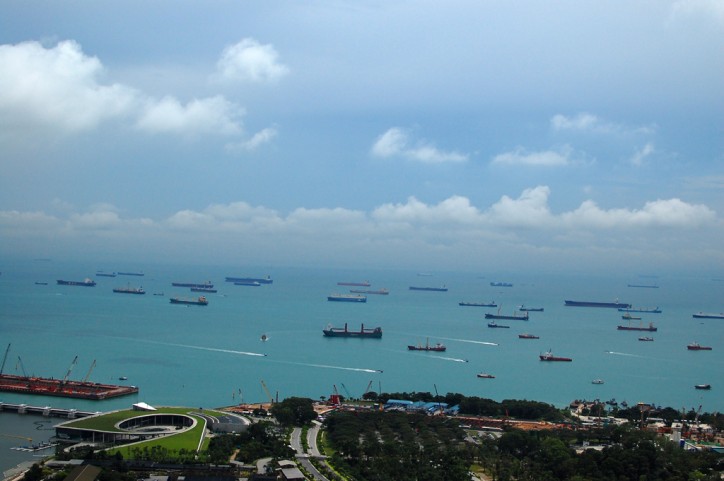 The Norway-based Menon consulting company canvassed a group of experts in regard to their views using as basis five points of criteria: maritime finance and law, shipping centers, maritime technology, ports and logistic services and attractiveness and level of competitiveness.
The Norway-based Menon consulting company canvassed a group of experts in regard to their views using as basis five points of criteria: maritime finance and law, shipping centers, maritime technology, ports and logistic services and attractiveness and level of competitiveness.
Given its strategic location and business friendly policies, the Menon report regards Singapore as having gained quite the position in the world economy specter, something that only a handful of people would have dared to predict 40 years ago.
It’s a must noting Oslo’s positives in the field of maritime finance and technology, but it still takes up third place behind Hamburg due to the latter being one of the most important Europe-based port cities. The position of China as the largest trading nation in the world, on the other hand, is further solidified by the fact that Shanghai has managed to join Hong Kong in Menon’s list of the top 5 cities.
Although London is generally viewed upon as the leading city in the world regarding the aspects of maritime finance and law, and Rotterdam has a few tricks up its sleeve in port and logistics-related services, the top spot for the the leading port of Europe is still up for the grabbing, according to the consultancy.
According to Menon by the year 2020, Shanghai will manage to occupy the 2nd spot on the list, while Singapore will be able to hold down its current position as the number one port in the world. The group, however, had some difficulties with their forecast regarding the 3rd place, as they put Oslo, Rotterdam, Dubai and Hong Kong on an almost equal level.
Their beliefs, however, for the city that will most probably increase its global importance during the course of the following five years lean towards Dubai due to strong political support and the city’s fast-growing position as a preferred trading center in its respective region.
On June 3rd, the Dubai Maritime City Authority (DMCA) made an announcement that it was initiating an advisory council in order to stimulate co-op efforts between shareholders in both the private and public sectors of the industry.
“This current effort will contribute for establishing a closer co-op and mutual understanding involving the major shareholders of Dubai’s maritime industry. By managing to engage with businesses on this particular level, Dubai will be able to achieve buy-in from the industry in order to enhance the way of its ambitious, maritime objectives, whilst we also formulate our own understanding of the exact demands of our private partners regarding a worldwide shipping hub,” commented Amer Ali, DMCA executive director.
DMCA comments that Dubai is managing to provide a great pull in for international maritime companies and the port sector is now responsible for a contribution of 4.6% (AED 14.4 billion) to the GDP of the emirates.
The all new advisory council features Clarksons, DP World, United Arab Shipping Company, Tufton Oceanic, Emirates National Oil Company, Maersk, UAE National Ship Supplies Association, National Association of Freight and Logistics, DHL Express, Wilhelmsen Ships Service and Aramex.